A rapidly progressive foot drop caused by the posttraumatic Intraneural ganglion cyst of the deep peroneal nerve, BMC Musculoskeletal Disorders
4.9 (775) In stock
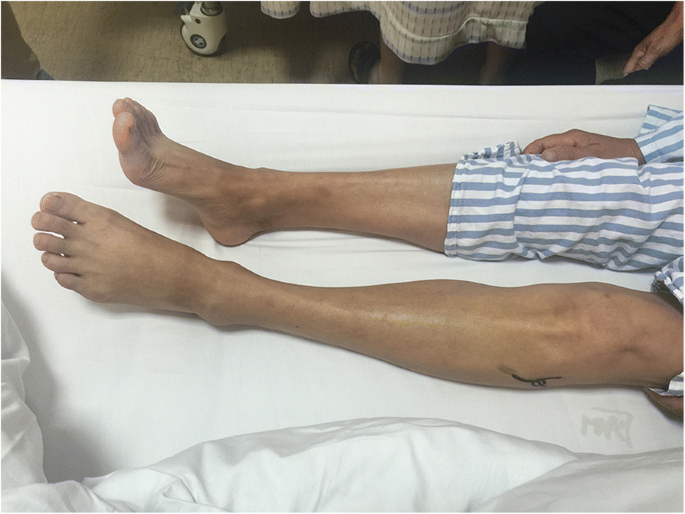
Background Intraneural ganglion cysts usually arise from the articular branch of the nerve. The relationship between intraneural ganglion cysts and trauma is not clear. Case presentation We report a case of a 62-year-old female with a rapidly progressive foot drop caused by a posttraumatic intraneural ganglion cyst of the deep peroneal nerve. We excised the ganglion cyst and performed nerve decompression. After the surgery, the patient had a functional recovery. Conclusions The concurrence of an intraneural ganglion cyst and trauma may increase damage to the nerve, although it is difficult to diagnosis before an operation. Early diagnosis and early proactive interventions would likely be associated with a good outcome.

PDF) A rapidly progressive foot drop caused by the posttraumatic
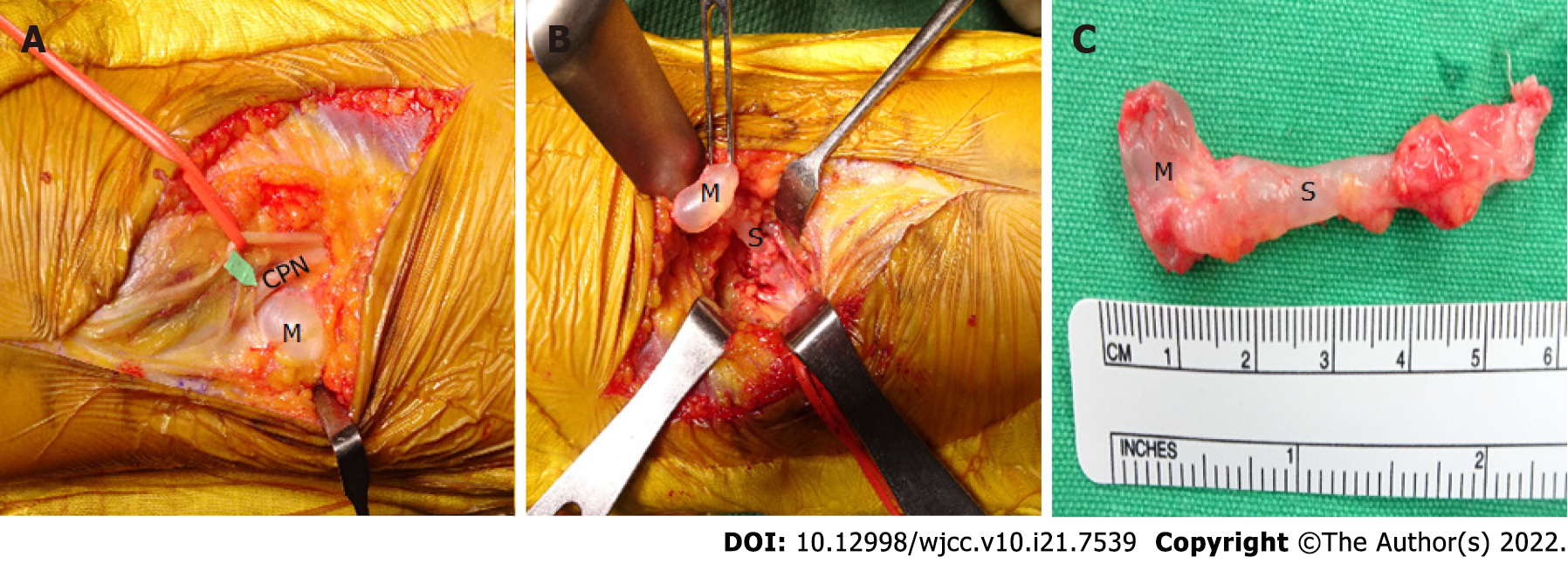
Differential diagnosis and treatment of foot drop caused by an
Intraneural Synovial Cyst of the Common Peroneal Nerve: An Unusual

PDF) Deep Peroneal Nerve: From an Anatomical Basis to Clinical
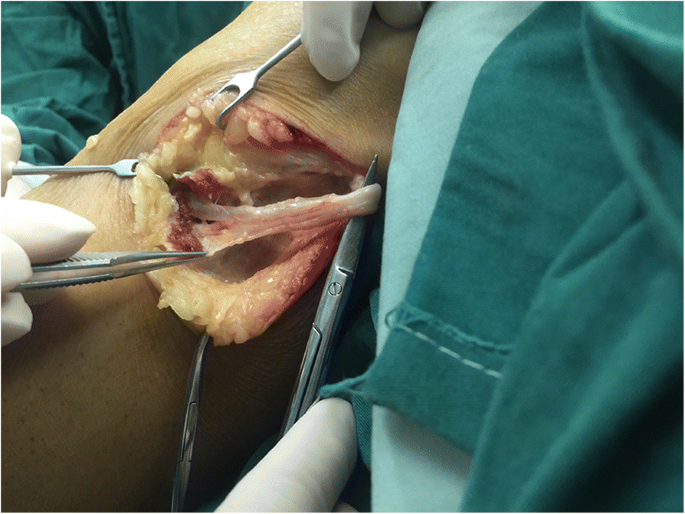
A rapidly progressive foot drop caused by the posttraumatic
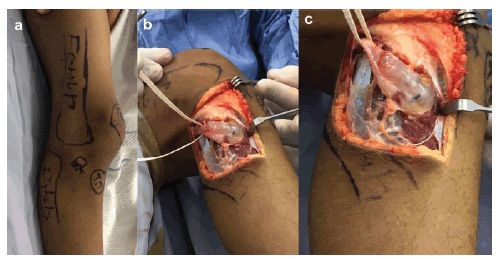
Compressive peroneal nerve neuropathy by ganglion cyst in an 11

A rare cause of deep peroneal nerve palsy due to compression of
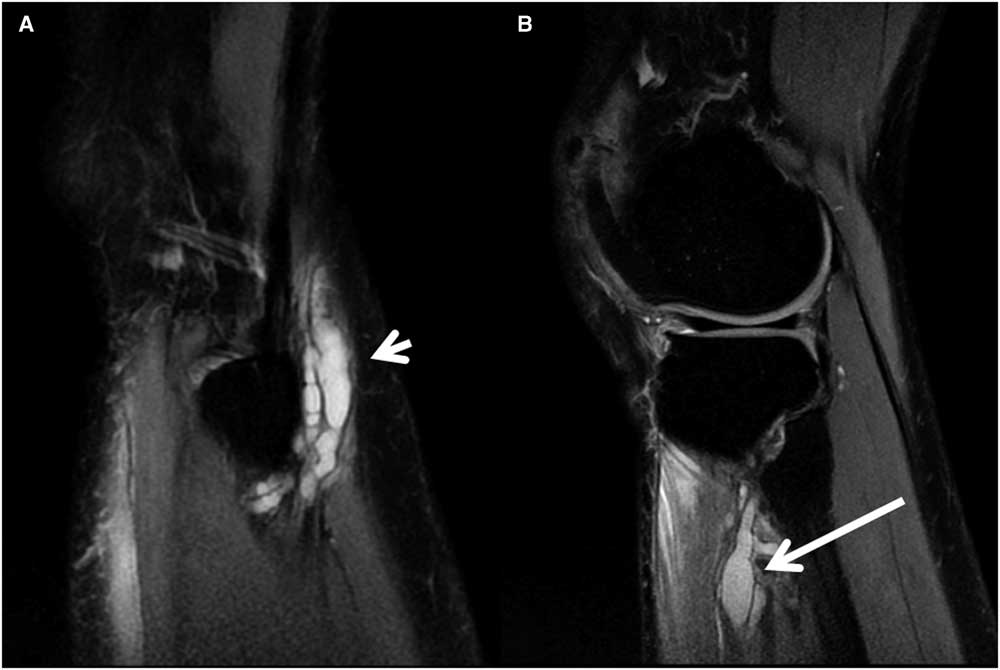
Intraneural Ganglion Cysts of the Fibular Nerve: A Cause of

Complete foot drop and ecchymoses were seen on the left lateral of

PDF) The cubital tunnel syndrome caused by intraneural ganglion

Intraneural ganglion cyst of the common peroneal nerve causing

Common Peroneal Nerve Abnormalities

Intraneural ganglion cyst of the peroneal nerve
Foot Drop: What It Is, Causes, Symptoms & Treatment
Foot drop - Diagnosis and treatment - Mayo Clinic
Understanding Foot Drop: The Effectiveness of Orthotics in Foot
Foot Drop: Causes, Symptoms, Risk Factors, Diagnosis and Treatment
 TBS Tango 2 how to set-up RSSI / LQ / Telemetry
TBS Tango 2 how to set-up RSSI / LQ / Telemetry NOIPPONG Bodysuit for Women Tummy Control Shapewear India
NOIPPONG Bodysuit for Women Tummy Control Shapewear India SHEIN SXY Plus Fringe Trim Off Shoulder Dress
SHEIN SXY Plus Fringe Trim Off Shoulder Dress Women's Cottonique W12290 Latex Free Organic Cotton Racerback Pullover Bra (Melange Grey 34B)
Women's Cottonique W12290 Latex Free Organic Cotton Racerback Pullover Bra (Melange Grey 34B) SPANX ONCORE HIGH-WAISTED MID-THIGH SHAPER SHORT – Barbara Katz
SPANX ONCORE HIGH-WAISTED MID-THIGH SHAPER SHORT – Barbara Katz Motoscafo/auto di Bratz e Bratz
Motoscafo/auto di Bratz e Bratz